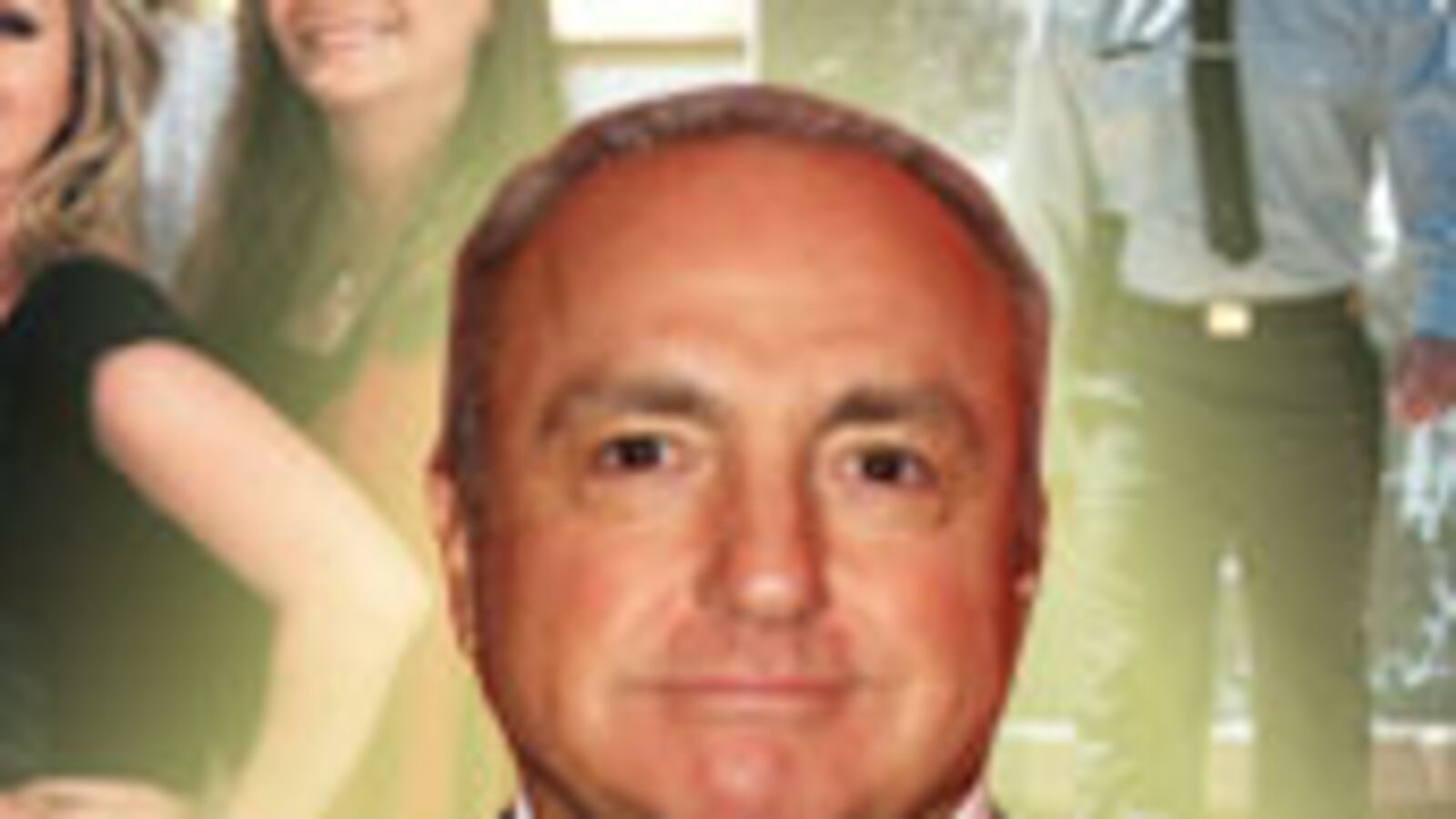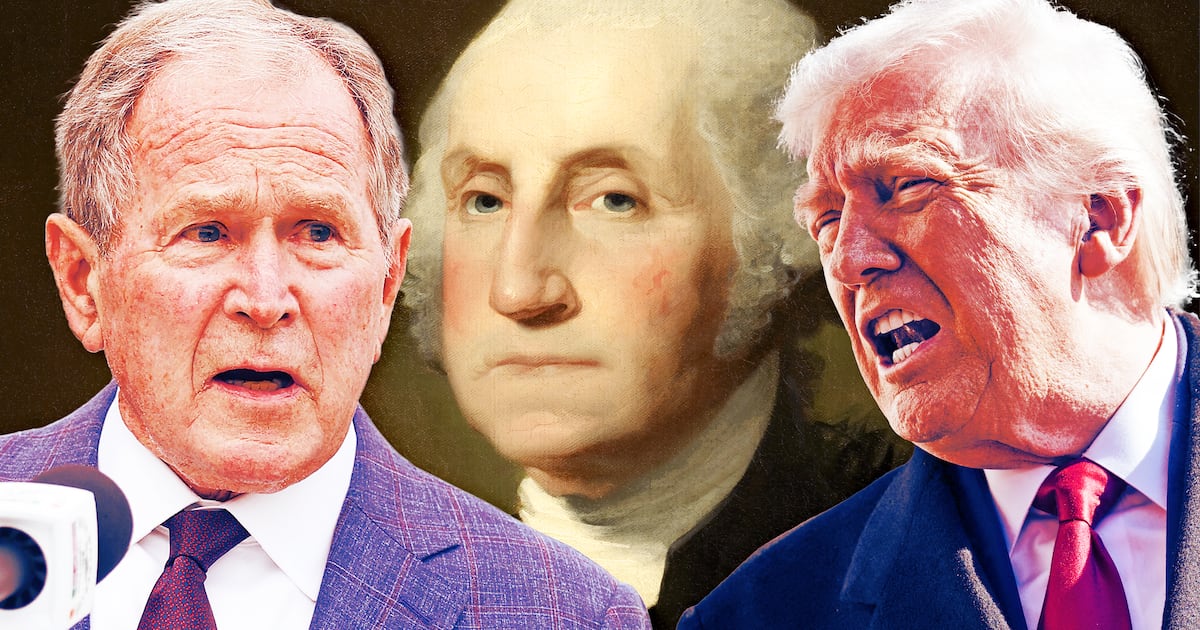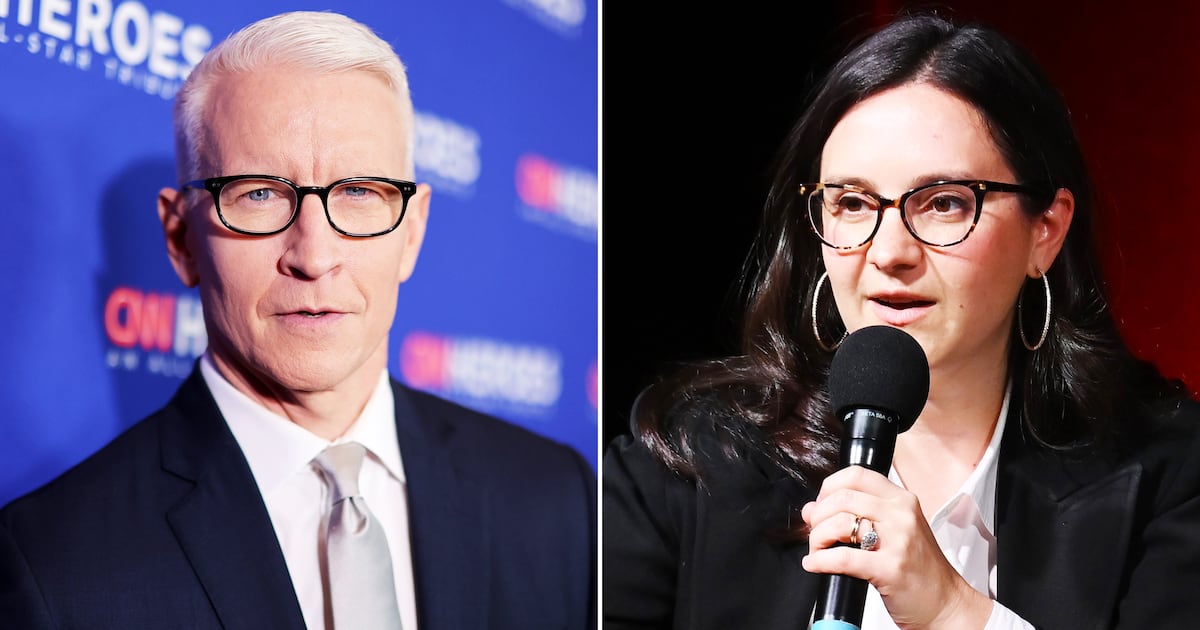
“I don’t spend a lot of time on motives,” Lorne Michaels tells me. “One of the nice things about being busy is it makes you focus on what’s important to you and how you use your time. And I love doing this.”
A good thing, too.
Purely in terms of output and longevity, Michaels, 66, is the Old Faithful of showbiz. Forty-two years after he started out at NBC as a writer on Rowan & Martin’s Laugh-In and The Beautiful Phyllis Diller Show, the Toronto native remains the network’s human geyser.
“I cannot imagine someone knocking the company the way Conan went after the people at NBC and everything else; I cannot imagine that at Disney. I definitely cannot imagine it at Fox.”
He’s the font of nine hours of original programming every week—what with 30 Rock, Late Night with Jimmy Fallon, and, of course, Saturday Night Live, the show he created 35 years ago and still oversees. (He famously gave one of SNL’s writers, Conan O’Brien, a shot at becoming a late-night television star when he chose him to replace David Letterman.) Michaels will command an additional half-hour of the network’s prime-time schedule if the sitcom pilot he just co-produced— Beach Lane, starring Matthew Broderick—is picked up at next Monday’s NBC upfront.
And Michaels’ latest movie, MacGruber, a full-length version of the recurring SNL skit about a heroically clueless special military operative, featuring Will Forte, Kristen Wiig, Val Kilmer, and Ryan Phillippe, opens a week from Friday.
“Almost every movie I’ve ever done is PG-13, and this is a hard R,” says Michaels, who has a producing credit on nearly 20 theatrical releases. “It’s closer to Borat than it is to Wayne’s World or whatever. I think it’s original and I think it’s funny—and I would not let my 12-year-old daughter see it.”
MacGruber, made for less than $11 million, is an outgrowth of the Pepsi commercial that aired during the Super Bowl in 2009. “I have never allowed a character to do a commercial. I don’t want anything from our world in another context,” Michaels says. “But I thought we could do an episode of MacGruber because they’re about a minute, and it wouldn’t compromise it in the least, and we could tie in Pepsi because that’s just one more reason for him to stop and pause before defusing the bomb.”
After the commercial aired during the peak-viewership third quarter, an executive at Lionsgate phoned Michaels and asked him to consider doing a full-length feature. The MacGruber team at SNL—including Forte, Jorma Taccone, and John Solomon—quickly produced a funny script. Lionsgate dropped out, but Ryan Kavanaugh of Relativity Media stepped in.
“We filmed it in 24 days in Albuquerque,” Michaels says. “Jorma had never directed a feature, to say the least…What happened was an entire different generation that normally would not be in the movie business, or would have to be vetted more clearly, got to make a movie. Val came in and read, which was sweet of him, and also Ryan Phillippe, and everybody at the read-through went, ‘I really want to do this.’ So everybody had to take no money. But it looks like a real action movie—that’s the great part. There were a lot of chances taken, but if it was more supervised, I think it would not have been the movie that it is. As long as we came in at $10.5 million, we had all the creative freedom that we wanted. It was as close to making an indie as you can within a studio system.”
Michaels’ showbiz DNA is so pervasive in the culture that MacGruber will open opposite Shrek Forever After, the fourth in a series that stars SNL alum Mike Myers, another Canadian. Michaels suggests it’s no accident that Canadians have attained such a prominent place in American comedy.
“I think that Canadians have an incredible reverence for authority and regard for authority, and I think one of the healthy ways that it’s challenged is through questioning it, through the polite hostility of comedy. It’s allowed. It’s not encouraged, but it’s definitely allowed, and you stand very little chance of being shot.”
I ask Michaels how he feels about another of his former employees, Conan O’Brien, and O’Brien’s recent interview with 60 Minutes about the spot of bother with Jay Leno over The Tonight Show.
“The whole thing just makes me sad,” says Michaels, who was advising NBC/Universal Chief Executive Jeff Zucker through much of the unpleasantness. “The network was trying to make an orderly transition because of all the chaos of the Letterman-Leno thing, and they planned it five years in advance, and I don’t think Jay felt like he was ready to go. From what I gather, he got a big offer from ABC which would’ve been against Conan and Letterman. So everything made sense when the decision was made. The network did not want him coming against Conan. You know, there was no grand Machiavellian scheme. My experience with the network is that nothing is that well organized.”
Michaels says that contrary to rumor, he never had designs on The Tonight Show with Conan O’Brien—“I can’t have a piece of it: It’s The Tonight Show!” He’s noncommittal about O’Brien’s decision to leave broadcast television for the cable network TBS. “I think the whole landscape will change again,” he says. “I think he’s opposite Jon Stewart, and I think that’s going to be an interesting battle to watch.”
Yet Michaels passionately defends NBC management. “Through the early days of SNL, through that last week of Conan, I can’t think of another corporate culture in which all of that could’ve happened,” he says. “I cannot imagine someone knocking the company the way Conan went after the people at NBC and everything else; I cannot imagine that at Disney. I definitely cannot imagine it at Fox. There has just been a level of creative freedom…I’ve worked there for most of my life, and things go wrong and occasionally things go right, but it has always been an incredibly, oddly tolerant culture—or else Saturday Night Live never would’ve been allowed on there.”
Michaels has high hopes for the network’s acquisition by the cable giant Comcast, which is expected to become final in December. “I think, if anything, their intent is to restore NBC to prominence as the No. 1 broadcast network,” he tells me. “I only had a brief conversation with [Comcast CEO] Brian Roberts on the phone. I’ve met with [Chief Operating Officer] Steve Burke and was very impressed. I think their goals are to support us, and I think they’re buying NBC because they want it to work. I don’t think they’re buying it to dismantle it.”
Michaels—born Lorne David Lipowitz, the son of a furrier—has been alternately lionized and demonized by various SNL cast and crew members down through the decades: Depending on who’s talking, he’s either a warm-hearted paterfamilias who has nurtured talent and sent it rollicking into the world—or a cold, withholding martinet who stifled creativity and snuffed out promising careers. It’s all in Tom Shales’ and James Miller’s definitive 2002 oral history, Live From New York: An Uncensored History of Saturday Night Live—which Michaels says he refuses to read.
“I don’t read the books and I don’t watch the documentaries,” he tells me. “I stay in this bubble of my own memories.”
So he’s mystified by the idea that some people might fear and loathe him?
“No, I mean, I am certainly demanding,” Michaels says. “But it’s about a standard, I hope.”
Michaels acknowledges that he sometimes tortures himself with self-doubt when things don’t go well at SNL. “If the show doesn’t work—and, quite often, something doesn’t work—I wear it,” he says. “It definitely lasts the weekend, and sometimes far into the next week. But, you know, there are a lot of moving parts. It’s a highly, highly disciplined organization that looks like it’s chaos.”
Saturday’s episode featuring guest host Betty White was, to the contrary, a triumph. Michaels says he had been trying for decades to persuade the comedienne to come on. She turned him down repeatedly. “She lives in L.A., she’s very L.A.,” Michael says, “and she thought the show was very New York and, you know, whatever people thought about us in the ’70s,” when SNL was notoriously a drug-fueled bacchanal.
The 88-year-old White, it should be noted, is by no means the oldest performer who has appeared on the show. “No, that’s Don Pardo—Don is 92,” Michaels says. “Two people in costume are older than Don, but that’s a whole other thing. Margaret and Elizabeth, the Karolyi sisters. They show up.”
So does Michaels, year after year, week after week—and it’s apparently more a pleasure than a duty.
“Because I’ve never figured out how to do it quite right,” he explains with a chuckle. “You know, I love doing it. There’s just something about a blank page, and we’re on the air in six days. The spirit of ‘everyone is necessary to the end’—writers, designers, musicians, performers, control room. And it just brings out the best in people. Occasionally the worst, but mostly the best. I say it every week: We don’t go on because it’s ready. We go on because it’s 11:30.”
Lloyd Grove is editor at large for The Daily Beast. He is also a frequent contributor to New York magazine and was a contributing editor for Condé Nast Portfolio. He wrote a gossip column for the New York Daily News from 2003 to 2006. Prior to that, he wrote the Reliable Source column for the Washington Post, where he spent 23 years covering politics, the media, and other subjects.






